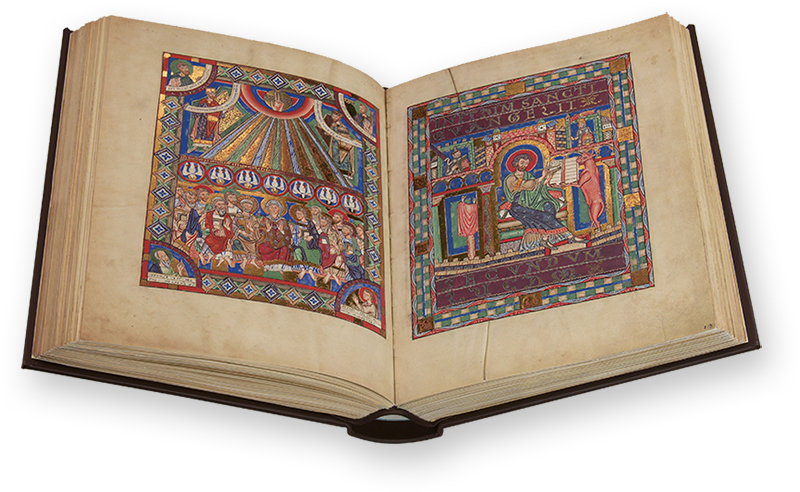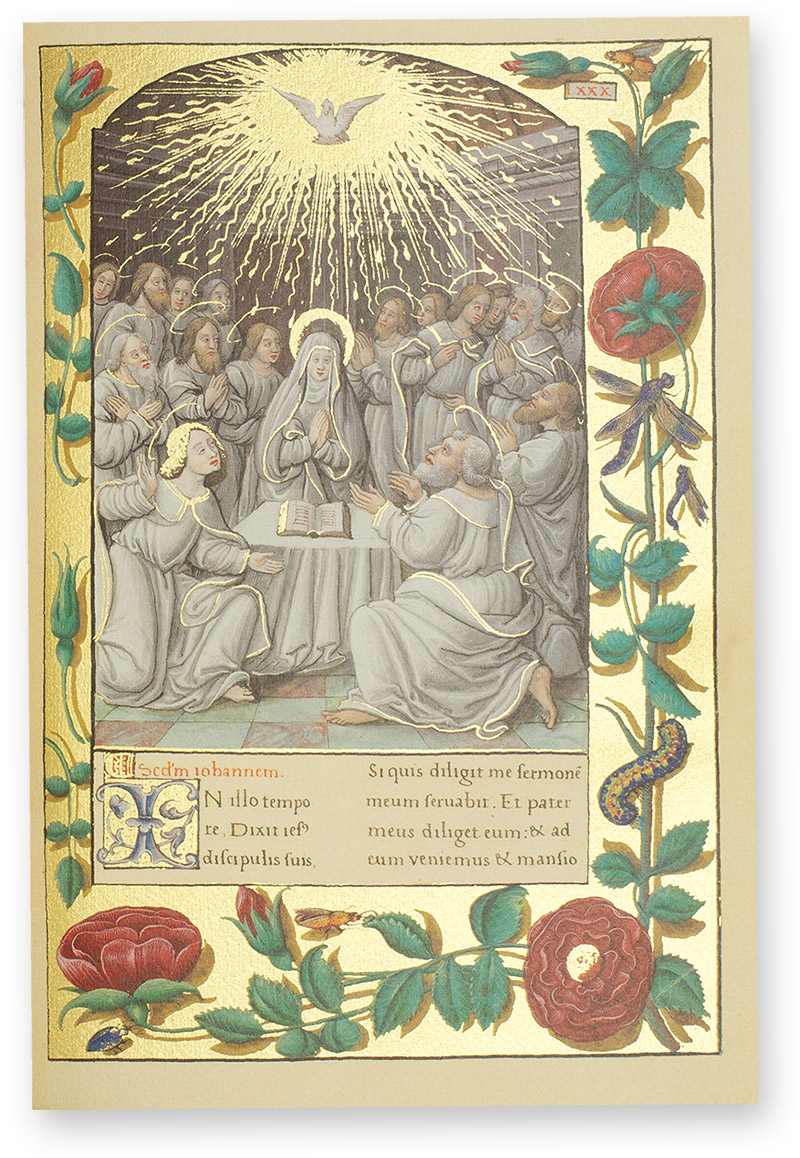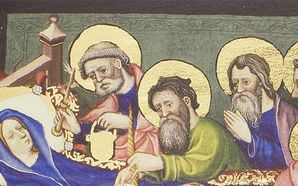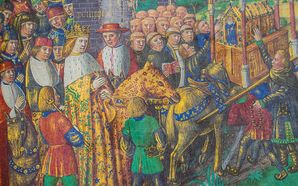Pentecost: The Feast of the Holy Spirit
“Ten – nine – eight – seven – six – five – four – three – two – one – zero – LIFT-OFF!” A voice counts down every time a rocket takes off from Cape Canaveral, for example to take astronauts to the ISS. At "START" it finally gets going: fire, sparks, noise, roaring – even news viewers in front of their TV sets at home probably involuntarily hold their breath for a moment at this exciting and dangerous moment when so much is decided.
Christianity also has a countdown before important events among its treasured traditions dating back to the Middle Ages, but under a different name. Perhaps it was once more fashionable, but still some pray the so-called Pentecost novena to the Holy Spirit during these days. This refers to a daily prayer that begins nine (lat. novem) days before Pentecost Sunday and in which the Holy Spirit is invoked for His transformative arrival and the sending forth of His creative power. Thus also, "nine – eight – seven - ... – two – one – PENTECOST!"

To the facsimile
The First Disciples in Jerusalem
The countdown from Cape Canaveral and the Pentecostal novena have many things in common: by counting down the time before a certain event, it becomes clear how important the counted event is – for NASA at the launch of a rocket and for Christians the memory of the first descent of the Holy Spirit on the disciples gathered unanimously in Jerusalem (cf. Acts 2:1-11). In both cases, an unavoidable tension builds up that is only released at the zero point. It is a matter of all or nothing! – A successful rocket launch or an aborted launch attempt in Florida. Everything was also at stake for the young church in Jerusalem: if the disciples, locked in the upper room of the Cenacle for fear of the reprisals of the non-Christian inhabitants of Jerusalem, had remained there praying, a victim of their own fears, Christianity would not have been able to spread and there would never have been a Pentecost novena.
But for all the similarities between NASA's countdown before a rocket launch and the Catholic Church's Pentecostal novena before the feast of Pentecost, there is a huge difference. NASA's countdown, like most other countdowns, serves to pinpoint an important and sensitive event so that the efforts of all involved can mesh precisely. Huge forces, such as those at work during a rocket launch, must be coordinated, even controlled, so as not to end in a disaster like the Challenger launch in 1986.

To the facsimile

"You send forth Your Spirit, they are created; And You renew the face of the earth."
And Pentecost? From a theological point of view, Pentecost is also about great forces that the Holy Spirit is supposed to release. Only the control over these forces, according to the Christian conception, is quite different from the (hopefully) controlled rocket launch. "The wind blows where it wishes, and you hear the sound of it, but cannot tell where it comes from and where it goes. So is everyone who is born of the Spirit." (John 3:8) Jesus says in John's Gospel to describe the unavailability of God's spirit. In church history, too, radical renewal movements that quickly came into conflict with the officially constituted church were always happy to refer to the Spirit transcending all (even hierarchical) boundaries, such as the Cathars. And indeed: "You send forth Your Spirit, they are created; And You renew the face of the earth." (cf. Ps 104:30) is imploringly sung or prayed in the Roman Catholic Pentecost liturgy.

To the facsimile
But how seriously is this request for renewal actually meant? How much newness does the prayerful expect when God's all-changing power is supposed to intervene? The imploring and counting down of the Holy Spirit is not only connected in the Pentecost novena with the risk that more or other things are renewed than expected, that more is called into question than the praying person may have initially had in mind. What happens if what one thought was the dove of the Holy Spirit turns out to be his own bird and the Spirit of God blows him from a completely different, unwanted direction? That can happen. However, Pentecost gives us courage to trust in a happy flight, even if the actual flight path may deviate from our own calculations.







